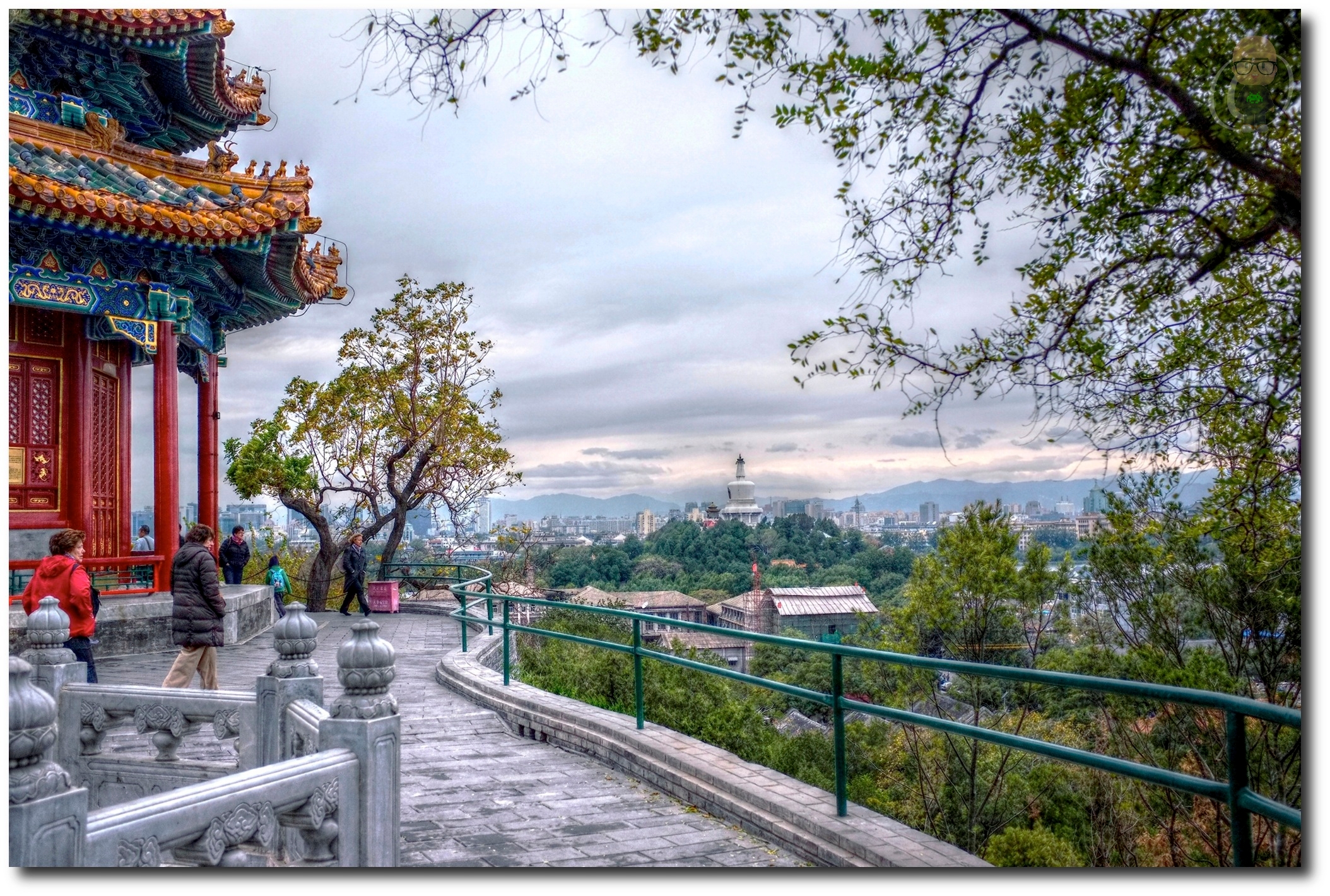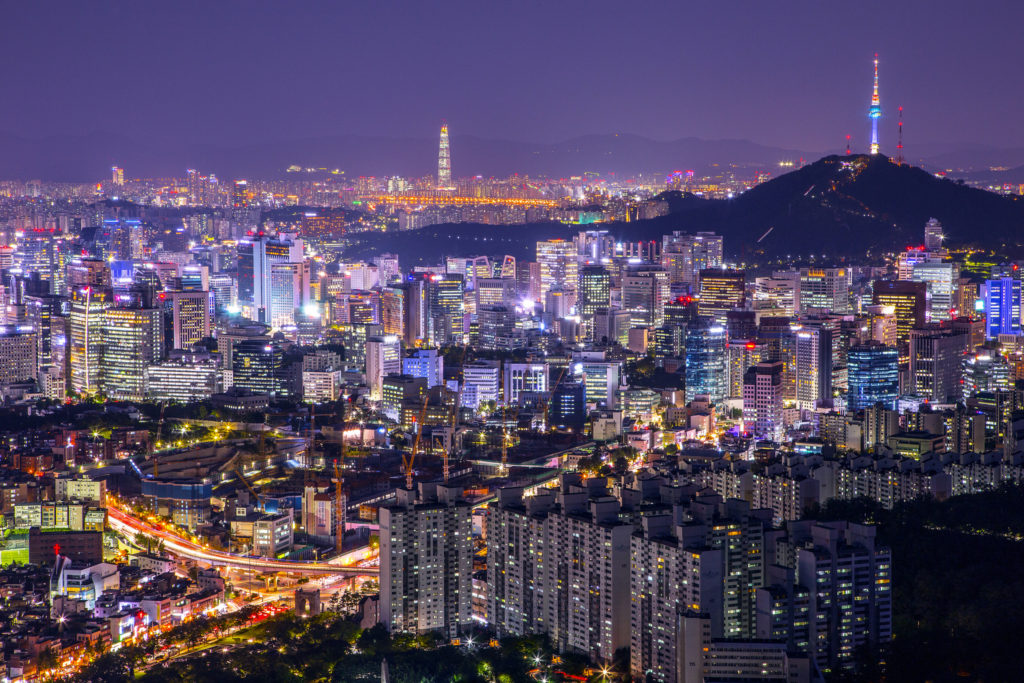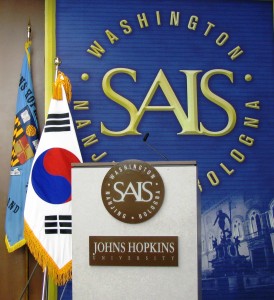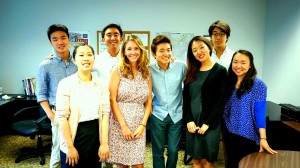The Maxwell School offers a variety of opportunities to study or work in East Asia. Through Syracuse University’s partnerships with foreign colleges and companies, students have the chance to live, work (and play) in some of the biggest cultural, political or business centers in the region. Funding to offset airfare and any changes in the cost of living are offered for all opportunities, and is quite generous in some instances.

The Beijing program is offered each fall. Syracuse University runs a center in Beijing in partnership with Tsinghua University, the most prestigious university in China. Tsinghua is located in Beijing’s Wudaokou neighborhood, a student area home to several universities. Maxwell students have the option of taking courses through the center – which offers SU courses taught by SU faculty – or taking graduate courses in English at Tsinghua’s School of Public Policy. Participants can enroll in courses across the social sciences, including Anthropology, Economics, History, Political Science and Public Administration, most of which are China-themed. On top of courses, part-time internships are also available for 1 to 3 credits. Past placements include Chinese NGOs, PR firms, the US Embassy in Beijing and various Chinese research organizations.

The Singapore program is a summer internship program. As Singapore is one of Asia’s leading international business hubs, students typically work full-time at finance, business or trade-related organizations. Past placements have included US multinationals, TEMASEK (a Singapore sovereign wealth fund), and the American Chamber of Commerce. Maxwell students can take up to six credits – their internship and an independent study.

The Maxwell School also offers fall programs at local universities in Seoul or Tokyo. Both programs offer a diverse set of social science courses, in an Asian context. In Seoul, graduate students take International Relations coursework in English at Yonsei University or Korea University. It is possible for students to intern while studying, but this program does not help with placement. Students interested in studying in Japan can do so at Waseda University’s Graduate School of Asia-Pacific Studies, located in downtown Tokyo. No Japanese language skills are required, but students must enroll in Japanese language courses while studying.



